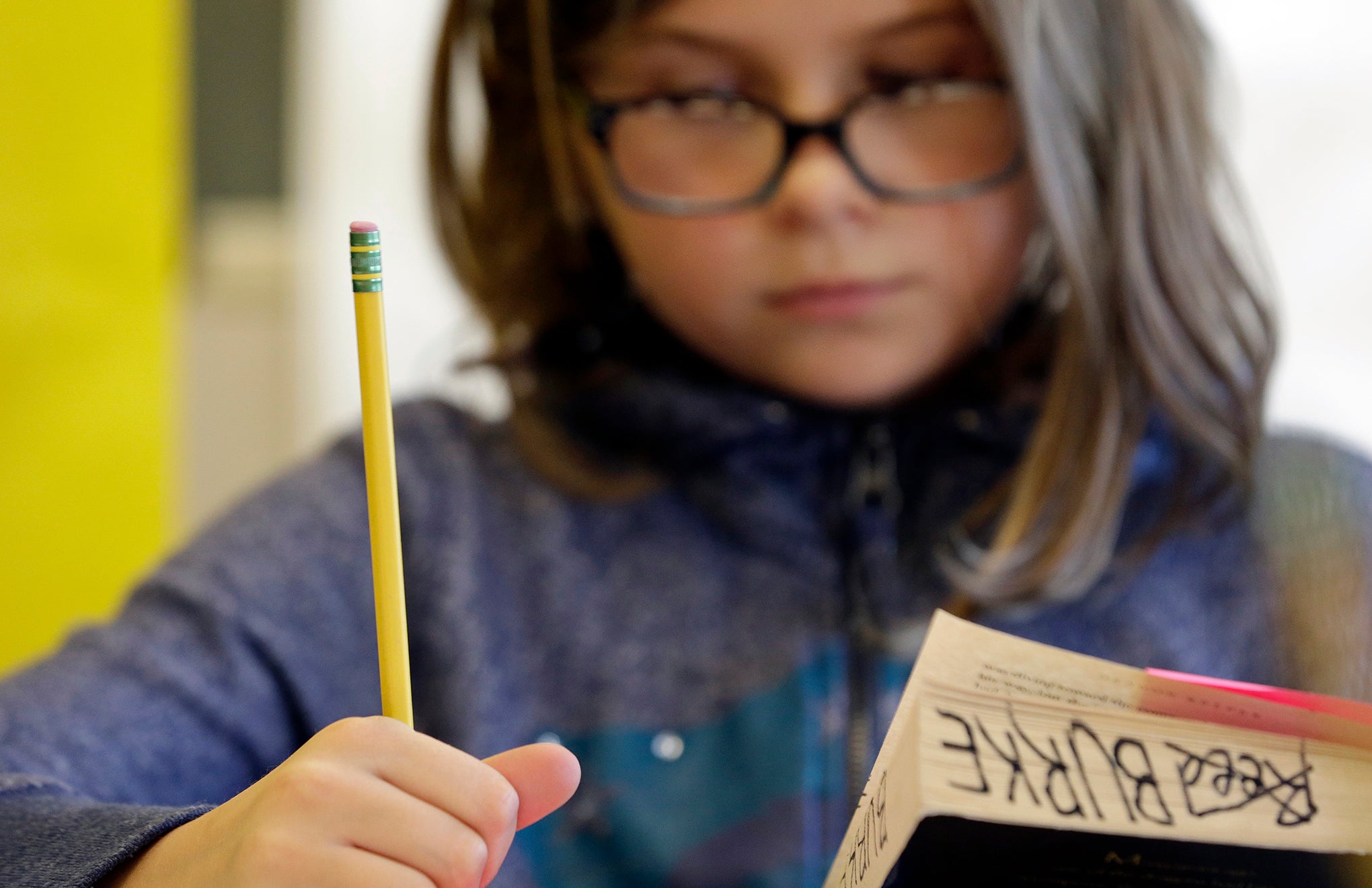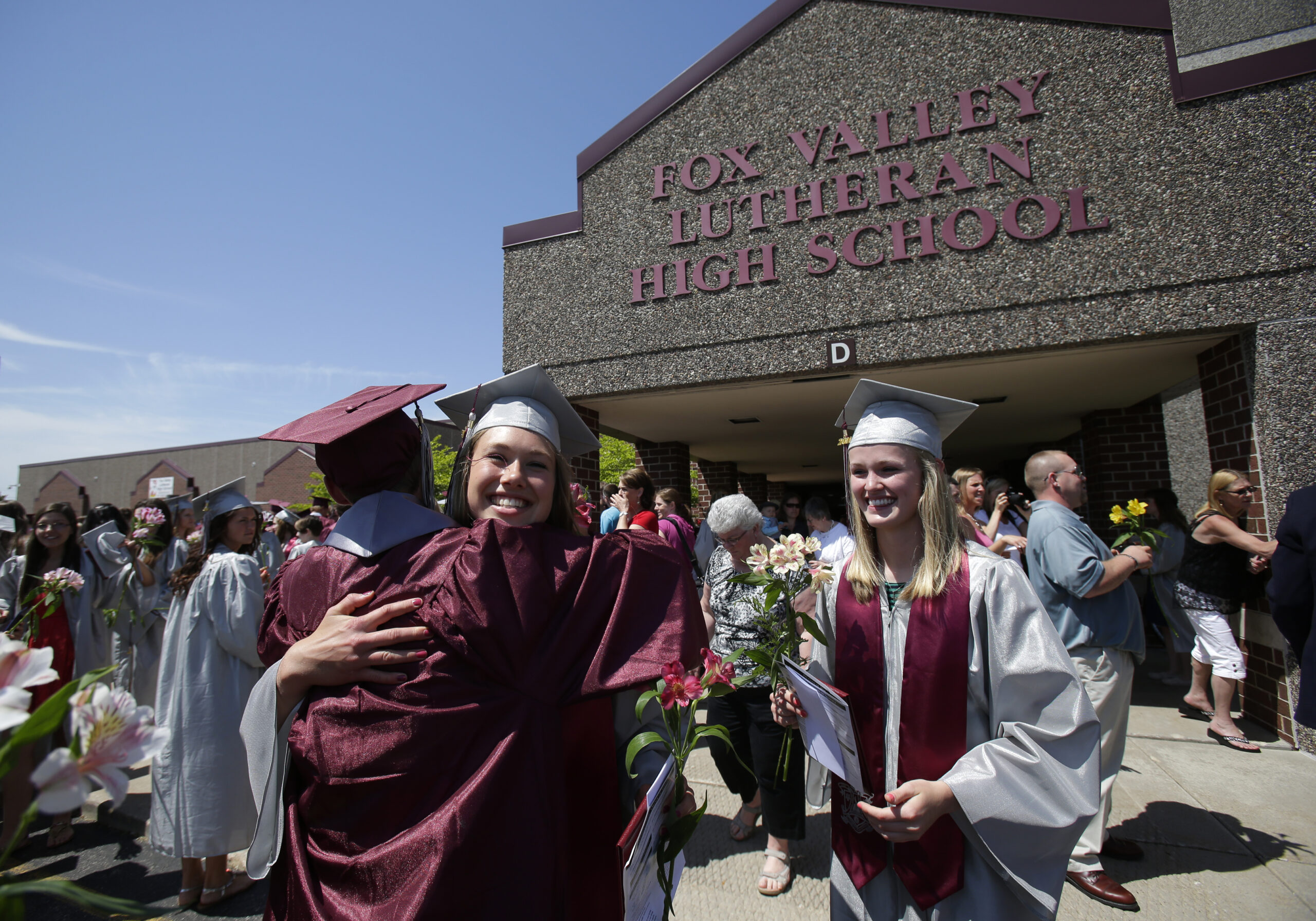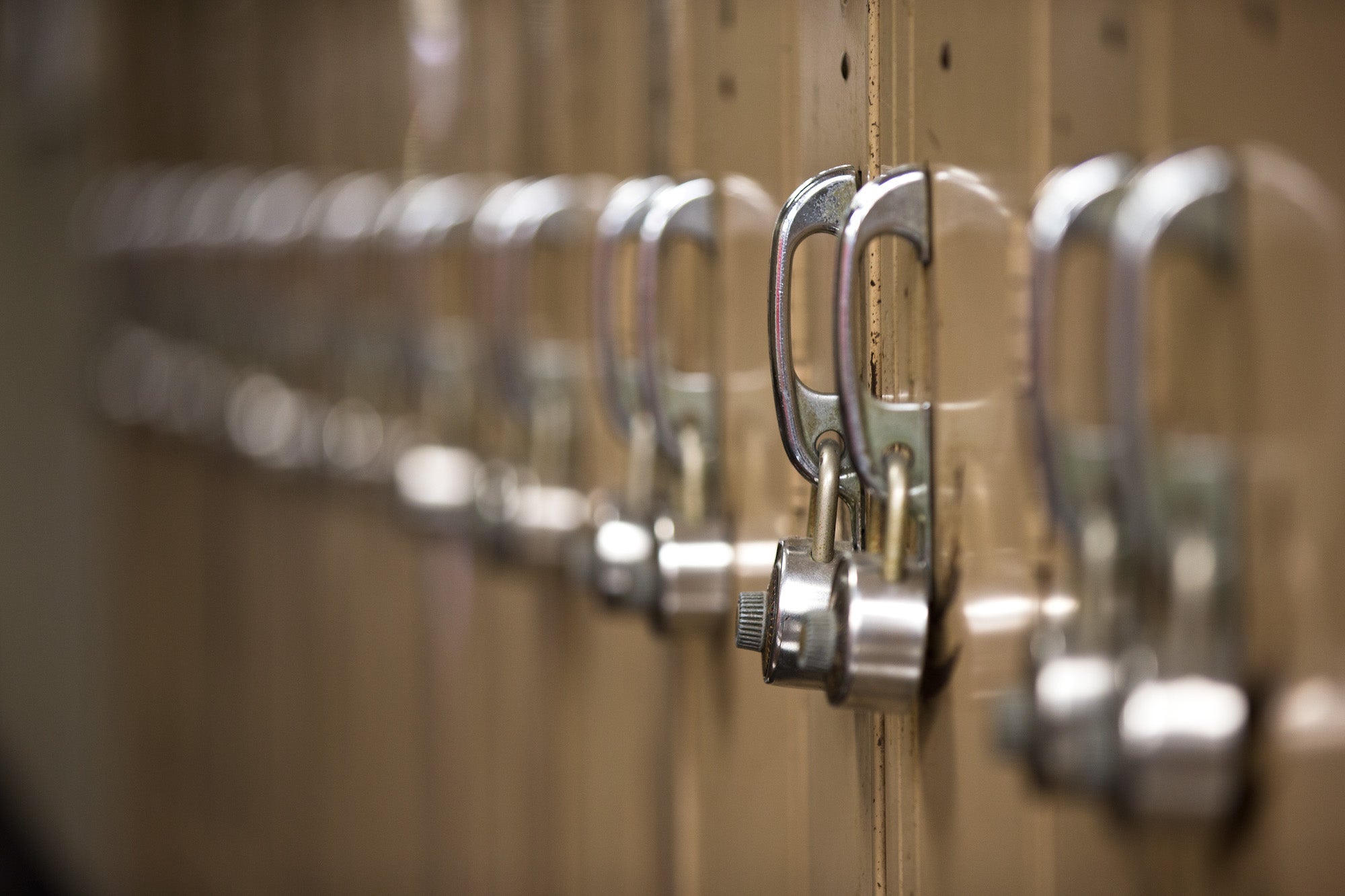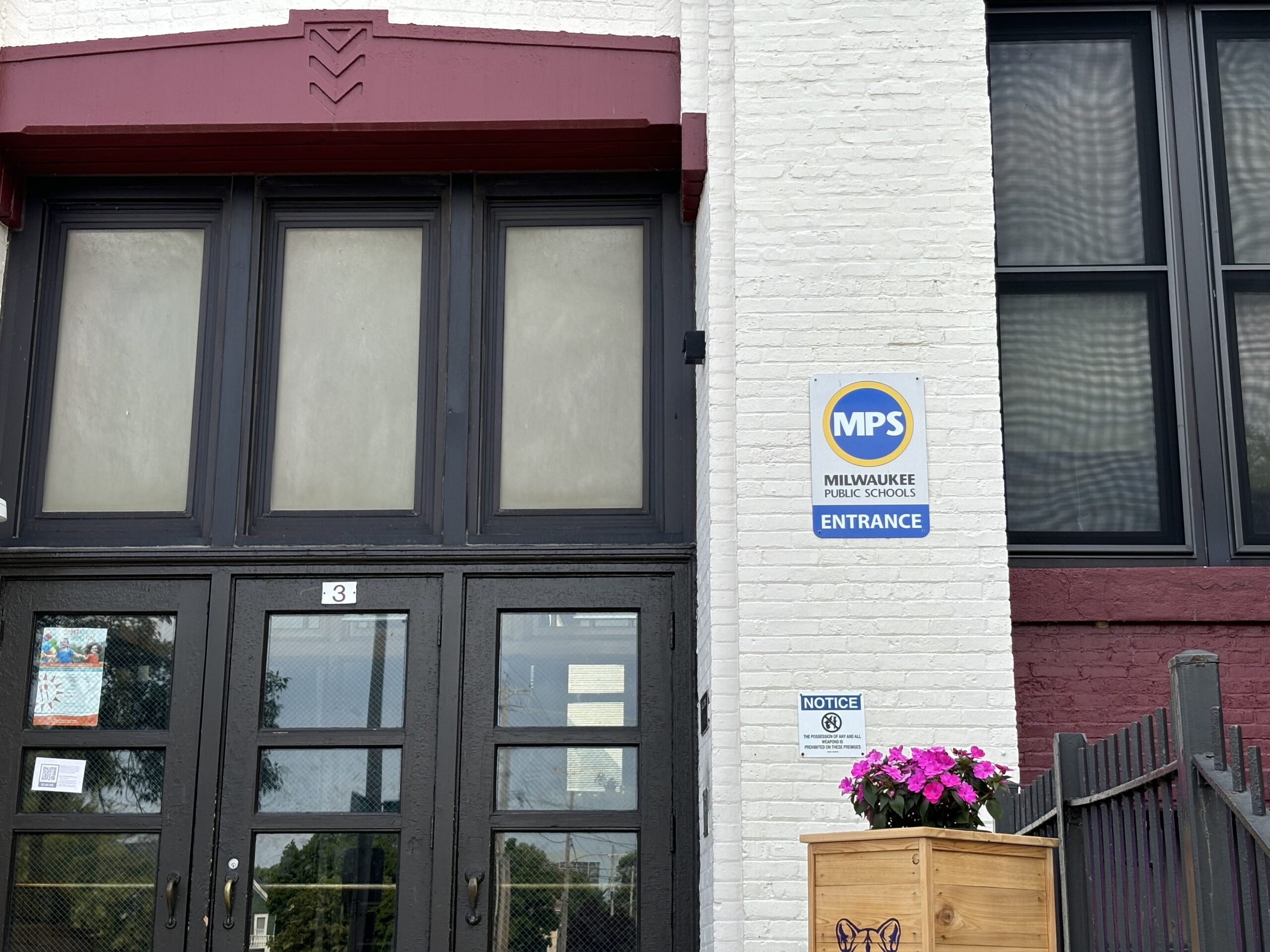Wisconsin voters say they favor using public funds for school vouchers as long as that does not come at the expense of public schools, according to the latest Marquette Law School Poll.
Support for school vouchers varies by region of the state. Milwaukee, where the school voucher program originated, has the highest number of people in favor at 62 percent. Madison had the lowest at 36 percent, and was the only region of the state without a majority in favor. Statewide support is at 54 percent.
Wisconsin passed its first public charter school law in 1993, with Milwaukee Public Schools getting the first charter schools. Milwaukee Public Schools enroll about 53 percent of the children in Milwaukee. The remaining students go to private schools, charter schools or open-enroll into suburban school districts, according to data compiled by Alan Borsuk, a senior fellow in law and public policy at Marquette University Law School.
News with a little more humanity
WPR’s “Wisconsin Today” newsletter keeps you connected to the state you love without feeling overwhelmed. No paywall. No agenda. No corporate filter.
In the Marquette poll, when people were given a choice between increasing state support for students to attend private schools and increasing support for public schools, 71 percent said they favor increased support for public schools. Twenty-eight percent prefer increasing support for attending private schools, said Marquette pollster Charles Franklin.
At the same time, about two-thirds of people said they are “satisfied” or “very satisfied” with the public schools in their community.
“Support for vouchers isn’t an indication that the public has turned bitterly against their public schools; they clearly have not,” Franklin said, adding that there is a minority of people “dissatisfied” with public schools and a smaller minority who are “very dissatisfied.”
“You get this situation where people want to protect their community schools that they think pretty well of, but they are attracted to the idea of giving (families) a choice of where to go, no matter where they live and no matter what their income is,” Franklin said.
About 1,000 people were surveyed between June 8 and June 13. That was the same time lawmakers were unveiling a plan to include $1 billion for Wisconsin’s public schools and a substantial increase in public funding for the state’s private schools in the 2023-25 state budget.
Under the plan, funding for kindergarten through eighth-grade private choice schools will increase from about $8,400 per student to $9,500 per student. Funding for private choice high schools will go from $9,045 to $12,000 per student.
The money the state directs to the school choice program goes directly to private schools as payments for each student they enroll. The government funding plan is the largest financial expansion to private school choice in the program’s history.
Franklin said people surveyed were not asked directly about the state budget.
Support for increasing taxes to pay for schools has waned
When Franklin first asked people in 2013 if they would prefer to reduce property taxes rather than increase spending on public schools, the majority said they wanted to reduce their property taxes.
But public opinion shifted to support public school spending. In February 2018, 63 percent of people said they would prefer to increase spending on public schools rather than reduce their property taxes.
This year’s poll shows only 47 percent of people feel that way — a 16-point decrease.
That’s a bad sign for public school advocates.
“From 2016 on they were dealing from a position of strength, but that strength versus property taxes has really eroded in the last few years, and that can’t be taken for granted,” Franklin said.
In recent years, more school districts have turned to voters for operations and capital projects. In April, 69 districts asked for tax increases to borrow money for new buildings or to exceed state revenue limits. Just 55 percent of those referendums were approved, which is the lowest success rate for school referendums since 2010, according to the Wisconsin Policy Forum.
Borsuk said he doesn’t know if this is a sign that people are unhappy with the economy and inflation or are not seeing enough results in their public schools. School closures during the pandemic followed by hot-button issues concerning race, LGBTQ issues and book banning have also been off-putting for some people, Borsuk said.
“You see that in how tough it is to be a school board member or a school superintendent pretty much everywhere in Wisconsin,” Borsuk said. “Public schools aren’t exactly going to thrive under the terms of the state budget and these numbers suggest that people across the state and in local communities would like to be sold more on what is going on in their schools. Higher test scores would help.”
Wisconsin Public Radio, © Copyright 2025, Board of Regents of the University of Wisconsin System and Wisconsin Educational Communications Board.







